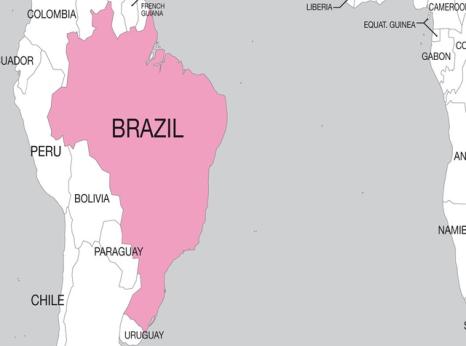Brazil: Bill Continues To Threaten Indigenous Rights

Bill 2903/2023 represents profound threats to the rights of Indigenous peoples, particularly regarding the right to self-determination and traditional territory. The Temporal Framework thesis ignores the systemic human rights violations suffered by Indigenous peoples in Brazil, who for centuries have been expelled from their territories by the Brazilian government, farmers, agrobusiness and illegal miners for energy exploitation, illegal goldmining, and road construction.
In 1988, many Guarani Kaiowá, Avá Guarani, and other communities were living outside their territories because they had been occupied by ranchers, landowners, miners, or transformed into government construction sites. In Brazil, 285 processes of demarcation of Indigenous lands are stalled, and only 6 Indigenous lands were demarcated in 2023.
The slow pace of demarcation processes for Indigenous lands is at the heart of numerous land conflicts, which have victimized hundreds of Indigenous people. Between 2019 and 2022, no Indigenous territory was demarcated and, according to data from the Indigenous Missionary Council, more than 470 Indigenous people were murdered because of land conflicts. Also, in the year 2022, 176 people were killed due to conflicts involving land disputes.
Altogether, the areas of the 734 Indigenous lands are 117,537,905 hectares, or 13.8% of the national territory, according to FUNAI. While 67.57% of the areas are already reserved or homologated, a little more than 32% are still in some of the phases of the long demarcation process, 16% are in the initial phases, the identification studies.
On June 7, the Supreme Court of Brazil held a session where it reopened a debate on the Temporal Framework thesis that had been discussed since 2019. The Supreme Court will be issuing a ruling in coming months. Indigenous groups were invited to this session and have been organizing mobilizations across the country and especially in Brasília to try to stop the vote of Bill 2903/2023. The Court is likely to rule against the thesis because it violates Indigenous people's rights. The Senate is likely to seek that the voting of Bill 2903/2023 takes place before the Supreme Court’s ruling to ensure that the proposed restrictions to Indigenous peoples’ rights can be approved.